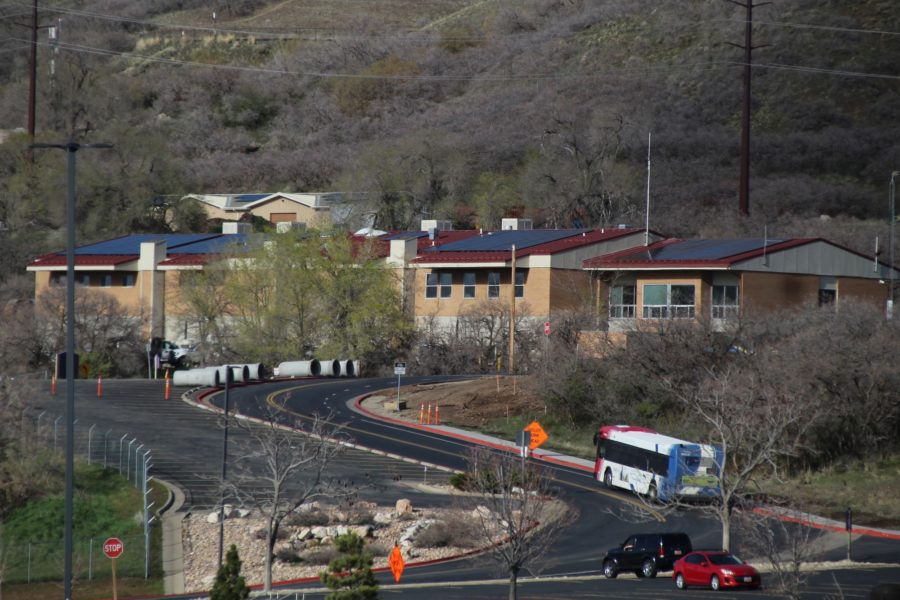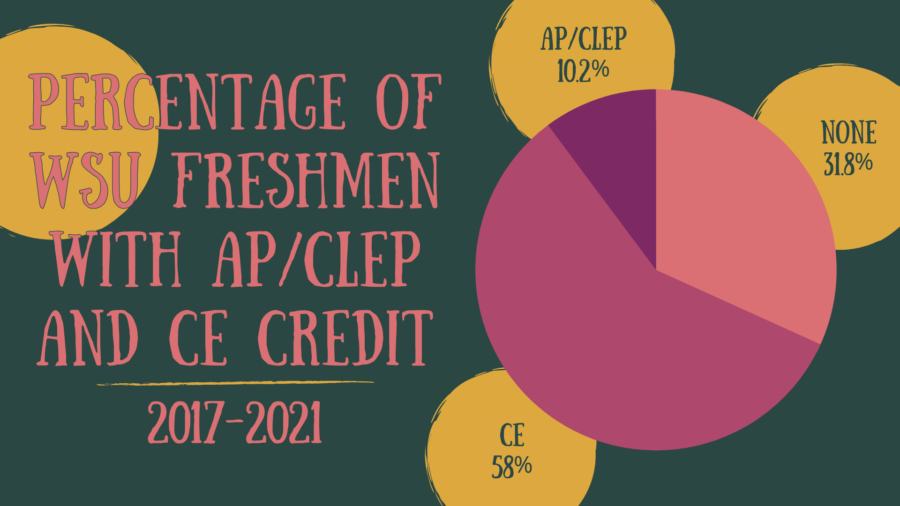Dr. Steven Barger is a national leader on the neurobiology of Alzheimer’s disease and hosted a Neuroscience Lecture Series Event on March 17 alongside Dr. Aminda O’Hare, director of the Neuroscience Program at WSU. There were 20 students who registered and attended the event.
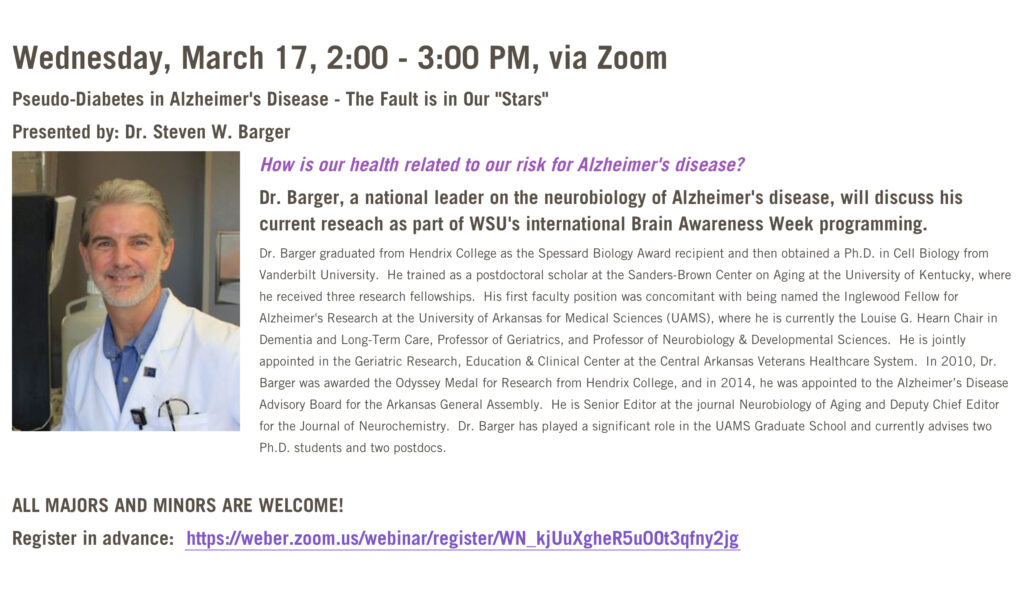
Barger earned his Ph.D. from Vanderbilt University in Cell Biology, is the Louise G. Hearn Endowed Chair in Dementia, and the Research Health Scientist, with the Department of Veteran Affairs, among many other accolades earned during his career.
A Q&A session ensued for those who registered to attend which took place after Barger’s Lecture Series speech.
This is designed for students to dive in deeper into the subjects they and their peers have brought forth to the community, digitally of course.
“Last fall, I personally picked all the speakers,” O’Hare said. “But for the spring, I emailed all the Neuroscience Club students, and I asked them to nominate the speakers — and they nominated the four speakers, including Dr. Barger.”
Barger spoke on issues such as genetics, age, lifestyle, head trauma and much more regarding both diseases. The main aspect the lecture series highlighted were findings of why Glucose delivery to the brain is lessened during Alzheimer’s.
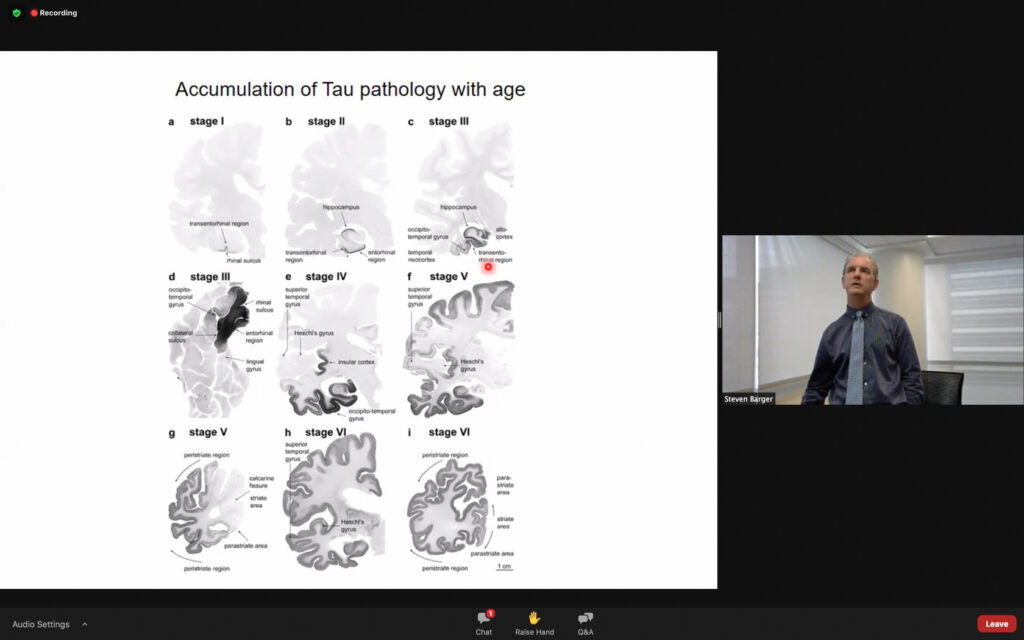
Barger explained to the Zoom attendees of the lecture about the current and cutting-edge state and status of both diseases.
“As this pathology progresses, it moves from the inner-frontal cortex to the hippocampus and then to the other vast regions of the cortex — and we call this Stage 5 Alzheimer’s,” Barger said.
At one point during the lecture, Barger brainstormed how typical brain functions work and how brains with these two diseases function differently. He displayed a digital diagram of what a brain with Stage 5 Dementia looks like.
“It forms in every single one of us by the time we’re 30 or 40,” Barger said. “We’re all ticking down a clock. When it gets to what we call Stage 5, this is coincident to Dementia. Hopefully none of us ever get there — statistically, most of us will.”
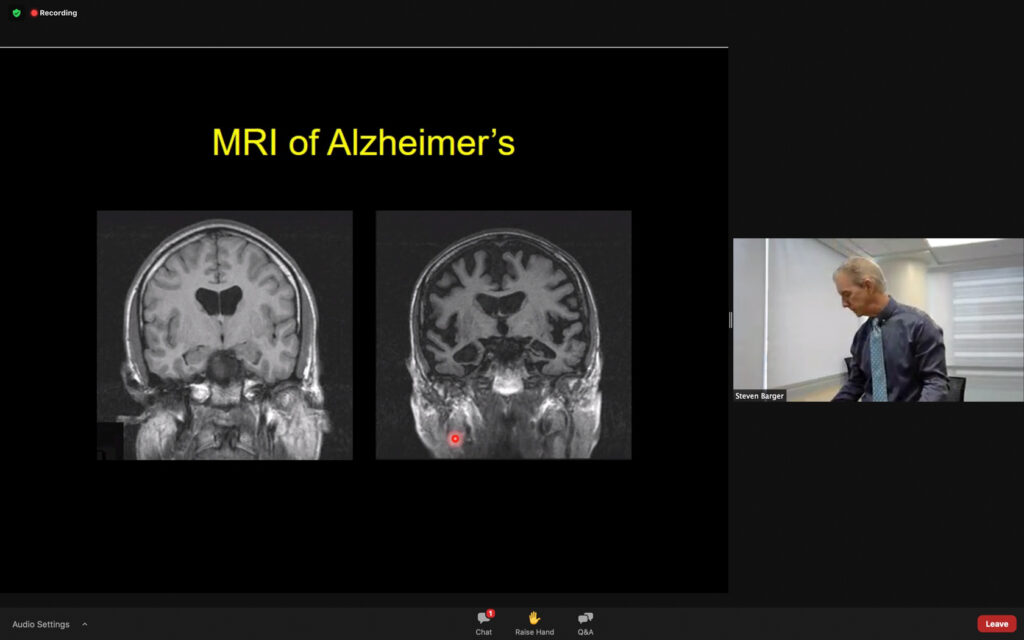
One WSU student, Riley Swain, a senior at WSU who “fell in love” with the Neuroscience Program, explained why it is a no-brainer for students, faculty, staff and anyone who is interested, to register and join in and attend the Neuroscience Program’s Lecture Series event.
“You’re getting valuable one-on-one time with highly accredited academics in their field,” Swain said. “After the lecture, students have the opportunity to attend an intimate Q&A session with the speaker. These lecture series are an excellent opportunity to speak with professionals about their research or even academic advice.”
O’Hare is in charge of a Neuroscience minor available for all students at WSU who are interested. There is a Neuroscience Club with about 50 students involved. Plus, their lecture series is open to the public, so long as interested individuals pre-register for their spot during the lectures, all the neuroscience lectures are free to attend.















